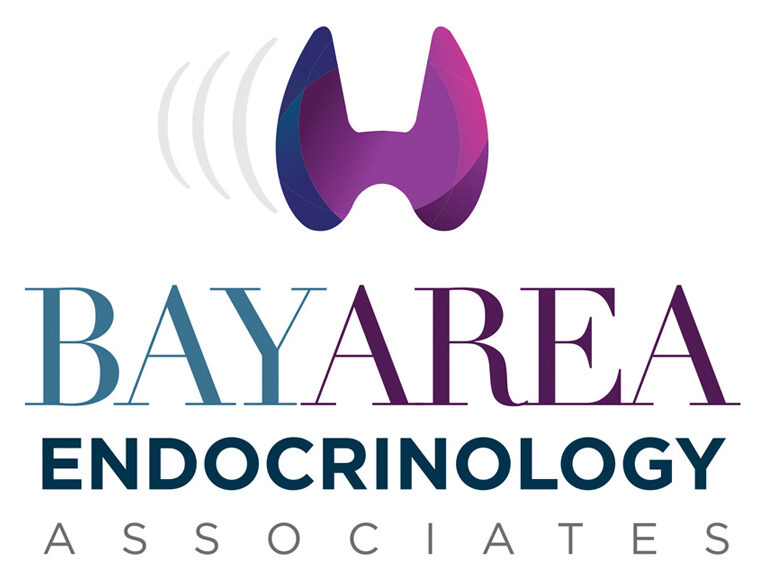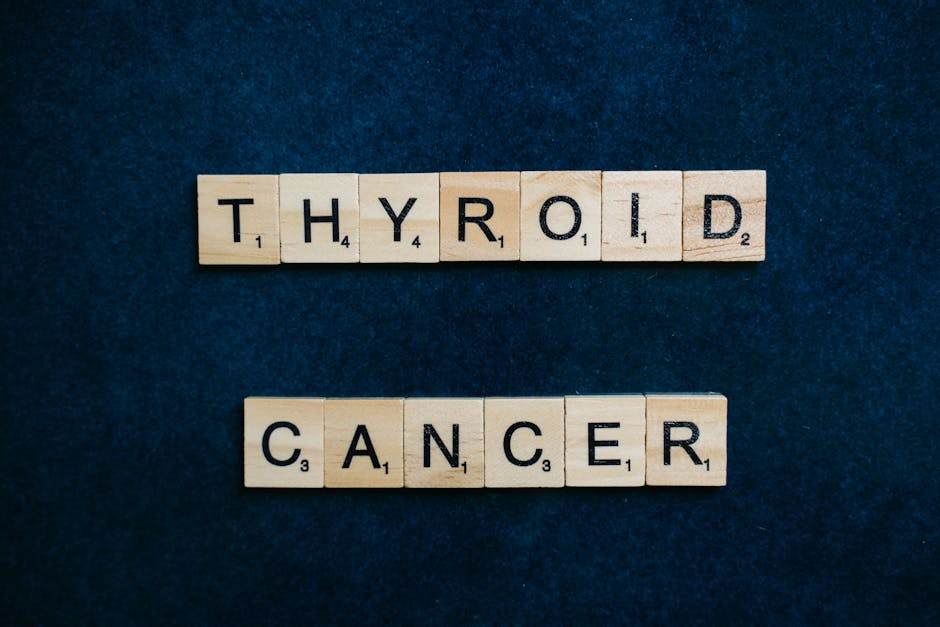Hormones are essential for various bodily functions, including metabolism, growth, and reproduction. They are produced by various glands, including the adrenal glands, located above the kidneys. These small but mighty glands are responsible for producing several essential hormones, including cortisol and aldosterone.
When the adrenal glands are not functioning correctly, it can lead to several health problems. Therefore, it is crucial to diagnose and treat adrenal gland disorders promptly. One test that doctors use to diagnose adrenal gland disorders is the cosyntropin stimulation test. In this article, we will explore the cosyntropin stimulation test and its significance in diagnosing adrenal gland disorders.
What is the Purpose of the Stimulation Test?
The primary purpose of the cosyntropin stimulation test is to evaluate the adrenal gland’s response to adrenocorticotropic hormone (ACTH) and to diagnose adrenal gland disorders. The adrenal glands produce cortisol and aldosterone, hormones that play a vital role in various bodily functions. Cortisol is essential in regulating blood sugar levels, controlling inflammation, and responding to stress, while aldosterone helps regulate the body’s salt and water balance.
Addison’s disease is a disorder that occurs when the adrenal glands do not produce enough cortisol and aldosterone. Symptoms of Addison’s disease include fatigue, weakness, weight loss, low blood pressure, and darkening of the skin. The cosyntropin stimulation test is a useful diagnostic tool to identify this condition.
Additionally, the cosyntropin stimulation test is used to diagnose secondary adrenal insufficiency. This condition occurs when the pituitary gland does not produce enough ACTH, which in turn, leads to decreased cortisol production by the adrenal glands. Symptoms of secondary adrenal insufficiency include fatigue, weakness, weight loss, and low blood pressure.
The cosyntropin stimulation test can also be used to monitor the effectiveness of treatment for adrenal gland disorders. For example, suppose a patient is being treated for Addison’s disease with hormone replacement therapy. In that case, the test may be used to monitor how well their adrenal glands are responding to the therapy. If the patient’s cortisol levels do not increase significantly in response to the cosyntropin stimulation test, it may indicate that the hormone replacement therapy is not effective, and a change in treatment may be necessary.
Overall, the cosyntropin stimulation test is a valuable diagnostic tool for evaluating the adrenal gland’s response to ACTH and diagnosing adrenal gland disorders. It is a safe and straightforward procedure that can provide valuable insights into a patient’s adrenal gland function.
When Should I Do a Cosyntropin Stimulation Test?
A cosyntropin stimulation test may be ordered by a healthcare provider if they suspect that a patient has an adrenal gland disorder, such as Addison’s disease or secondary adrenal insufficiency. Some common signs and symptoms that may prompt a healthcare provider to order a cosyntropin stimulation test include:
i) Fatigue and weakness
ii) Unexplained weight loss
iii) Low blood pressure
iv) Darkening of the skin
v) Salt craving
vi) Abnormal electrolyte levels
vii) Abnormal thyroid function tests
viii) A history of autoimmune diseases or infections that affect the adrenal glands.
The cosyntropin stimulation test may also be used to monitor a patient’s adrenal gland function if they are receiving hormone replacement therapy for an adrenal gland disorder. Sometimes, a healthcare provider may order a cosyntropin stimulation test as part of a routine check-up if they suspect a patient may be at risk for an adrenal gland disorder.
It is important to note that the cosyntropin stimulation test is not appropriate for everyone. People who have a history of severe allergic reactions to corticotropin or any of the components of the test should not undergo the test. Additionally, pregnant women should not undergo the test unless it is absolutely necessary, as it may pose a risk to the developing fetus.
If you are experiencing any of the symptoms listed above or are concerned about your adrenal gland function, you should speak with your healthcare provider. They can help you determine if a cosyntropin stimulation test is appropriate for you and can provide you with more information about the procedure.
How is the Test Done?
The cosyntropin stimulation test is a simple and safe procedure that can be done in a doctor’s office or a hospital setting. Here is what you can expect during the test:
1. Preparation
Before the test, the patient should inform their doctor about any medications they are taking, including over-the-counter medications and supplements, as some medications can interfere with the test results. The patient should also avoid eating or drinking anything except water for at least 8 hours before the test.
2. Baseline Blood Sample Collection
A baseline blood sample is collected from the patient to measure their cortisol levels before the test. The sample is usually taken from a vein in the patient’s arm.
3. Cosyntropin Injection
Next, a synthetic form of ACTH called cosyntropin is injected into the patient’s muscle or vein. The dosage of cosyntropin varies depending on the patient’s age and weight.
4. Post-Injection Blood Sample Collection
After 30 or 60 minutes, a second blood sample is collected from the patient to measure their cortisol levels in response to the cosyntropin injection. The timing of the post-injection sample depends on the healthcare provider’s preference, but 60 minutes is more commonly used.
5. Analysis of Results
The baseline cortisol level and post-injection cortisol level are compared to determine how well the patient’s adrenal glands responded to the cosyntropin injection. A significant increase in cortisol levels indicates that the adrenal glands are functioning properly, while a minimal or no increase in cortisol levels suggests that the adrenal glands are not functioning correctly.
6. Follow-Up
After the test, the patient may resume their regular activities and diet. The doctor will analyze the test results and discuss them with the patient, including any necessary follow-up steps, such as additional testing or treatment.
In conclusion, the cosyntropin stimulation test is a valuable diagnostic tool used to assess adrenal gland function and diagnose adrenal gland disorders such as Addison’s disease or secondary adrenal insufficiency. The test is safe and straightforward, involving the injection of a synthetic form of ACTH called cosyntropin and monitoring the cortisol response in the patient’s bloodstream. If you are experiencing any symptoms of adrenal gland disorders, it is crucial to speak with an endocrinologist or thyroid specialist who can evaluate your condition and recommend appropriate diagnostic tests and treatments.
At our clinics, we specialize in treating adrenal gland disorders and providing personalized care for our patients. If you suspect that you may have an adrenal gland disorder or have been diagnosed with one, please schedule an appointment with our experienced endocrinologist. We can help you determine if a cosyntropin stimulation test is necessary or recommend other diagnostic tests and treatment options.








